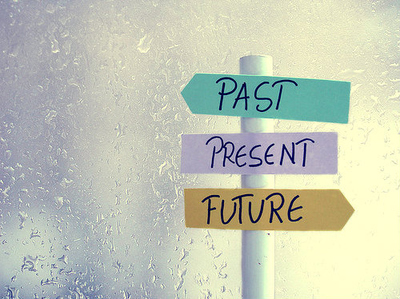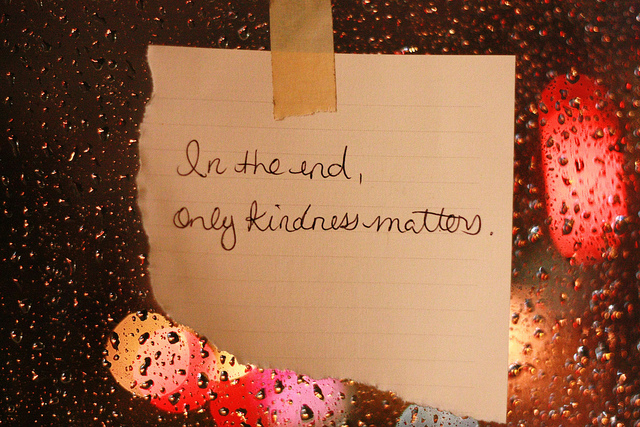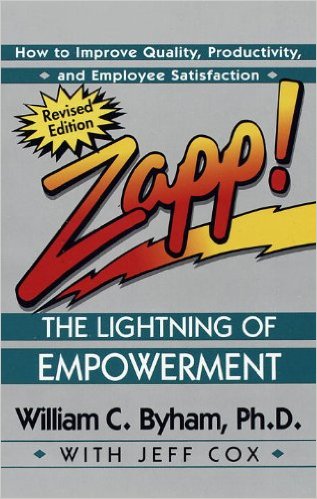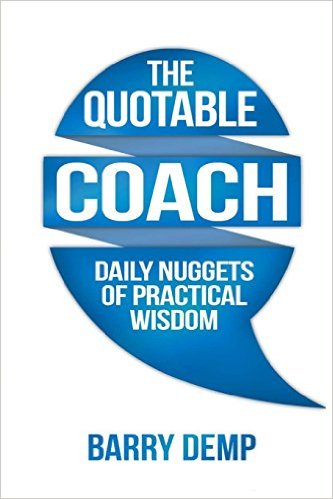“If you aren’t in over your head, how do you know how tall you are?”
—Author Unknown
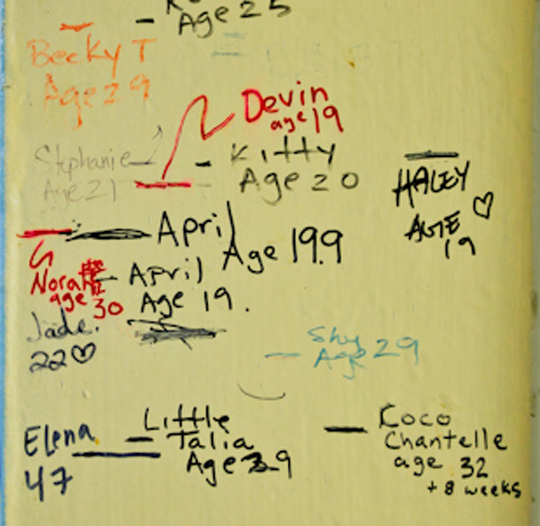
Image from leifnorman.net
Remember when you were little and your mom or dad would draw lines on the door frame to show how much you grew from year to year? We all lined up proudly with our backs to the wall, often stretching for that extra centimeter!
As adults, we rarely measure our height except when we visit the doctor, or at some point when the numbers begin to go down. My 89-year-old father, Marvin, used to say he was 5’6” and 7/8 inches tall. Today he is 5’4”.
EXERCISE:
Where can you stretch today, personally or professionally, to determine just how tall, great, or capable you really are?



